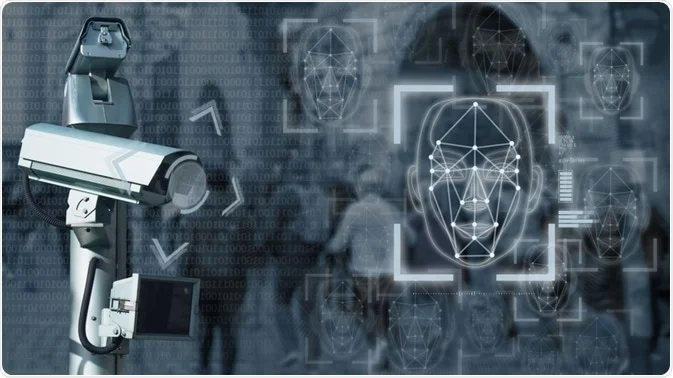In today’s digital era, CCTV footage and electronic evidence play a vital role in criminal investigations across the UAE. The country’s law enforcement and judiciary increasingly rely on technology to establish facts, identify suspects, and ensure justice. Understanding how digital evidence is collected, verified, and presented in court is essential for anyone involved in a legal case.
Importance of CCTV and Electronic Evidence
Under Federal Law No. 10 of 2018 on Cybercrime and Electronic Evidence, the UAE recognizes electronic data, recordings, and digital correspondence as admissible forms of proof. CCTV footage, WhatsApp messages, emails, GPS data, and online transactions are often used to support criminal investigations ranging from theft and fraud to assault and defamation.
Such evidence provides objective, time-stamped proof that helps courts determine events and intent. CCTV surveillance, in particular, has become crucial in public areas, malls, workplaces, and residential communities. When properly authenticated, it can decisively influence the outcome of a case.

Legal Validity and Admissibility
While digital evidence can be powerful, UAE law enforces strict rules on its collection and admissibility. Evidence must be:
- Legally obtained — gathered without violating privacy or data protection laws.
- Authentic — capable of being verified for integrity and accuracy.
- Relevant — directly linked to the crime or dispute in question.
Unauthorized access to digital data or tampering with CCTV footage can itself lead to criminal penalties. Therefore, ensuring that evidence is acquired and handled lawfully is essential for it to be accepted in court.
People also read: Drug Possession and Trafficking Laws in the UAE: What You Should Know
How Courts Use Electronic Evidence
CCTV footage and electronic records are used to:
- Establish identity and movement of suspects.
- Corroborate witness statements.
- Reconstruct crime scenes or timelines.
- Support or refute allegations in fraud, cybercrime, and property disputes.
Judges in the UAE often depend on expert testimony to verify whether electronic files have been altered. Digital forensic specialists analyze metadata, timestamps, and source devices to confirm authenticity before evidence is admitted.
Why You Need a Criminal Defense Lawyer
Defending or presenting electronic evidence in UAE courts requires in-depth legal and technical understanding. A criminal defense lawyer can:
- Ensure evidence was collected in compliance with UAE law.
- Challenge invalid or tampered footage.
- Work with digital forensic experts to strengthen your case.
- Protect your privacy and procedural rights during investigation.
How Adv. Sanafer Arakkal and Concept Advocates Help
Adv. Sanafer Arakkal, founder of Concept Advocates, is a seasoned criminal defense lawyer in Dubai who regularly handles cases involving digital and CCTV evidence. His team offers:
- Legal representation in cybercrime, fraud, and surveillance-related cases.
- Evidence verification and expert collaboration.
- Strategic defense focusing on admissibility and lawful collection.
- Personalized consultations for individuals and businesses facing digital evidence disputes.
Conclusion
With technology shaping modern investigations, CCTV and electronic evidence are now pivotal in UAE criminal law. However, understanding their legal boundaries and admissibility is critical. Adv. Sanafer Arakkal and his firm, Concept Advocates, provide expert legal guidance to ensure digital evidence is used effectively and lawfully — safeguarding clients’ rights and ensuring justice within the UAE’s robust legal system.

